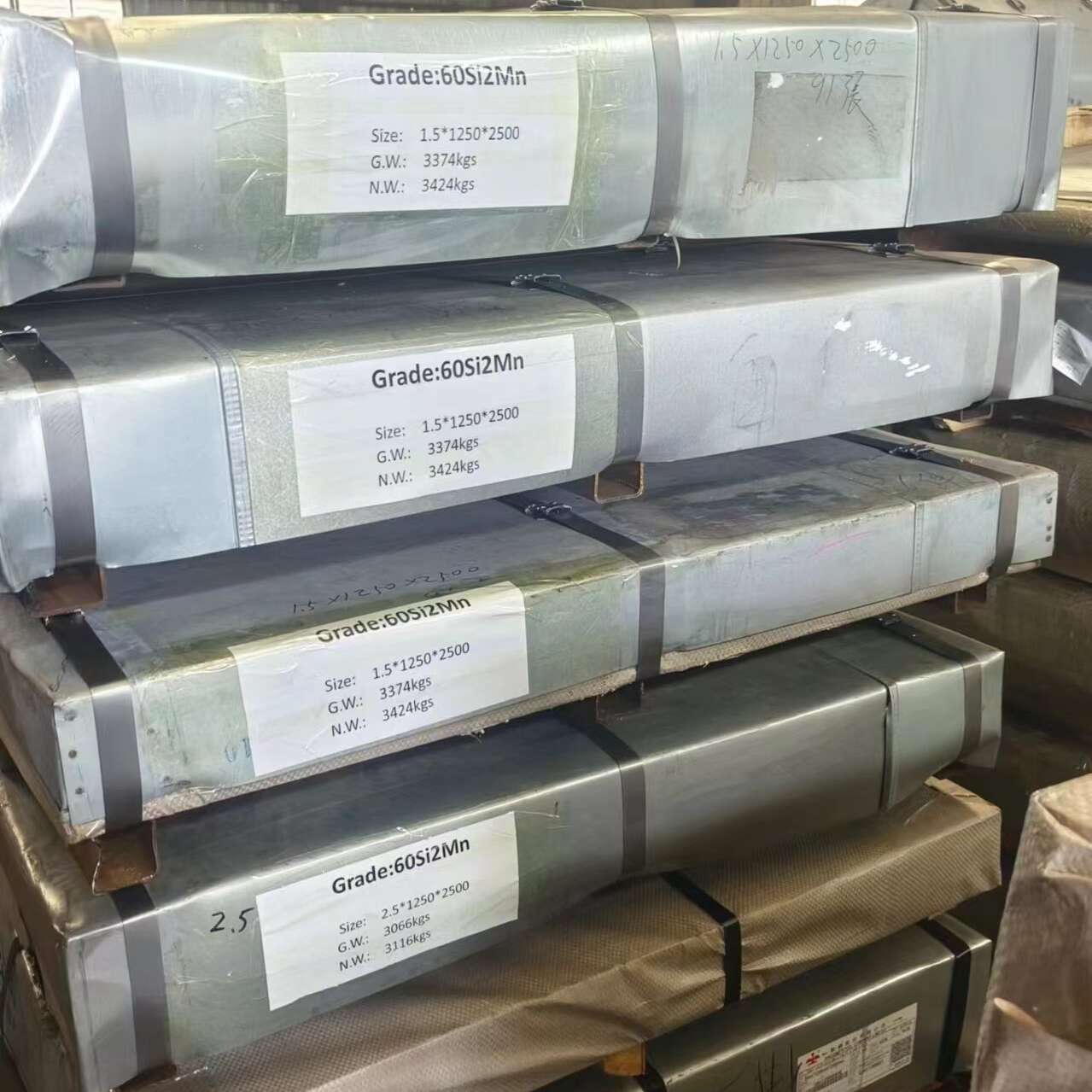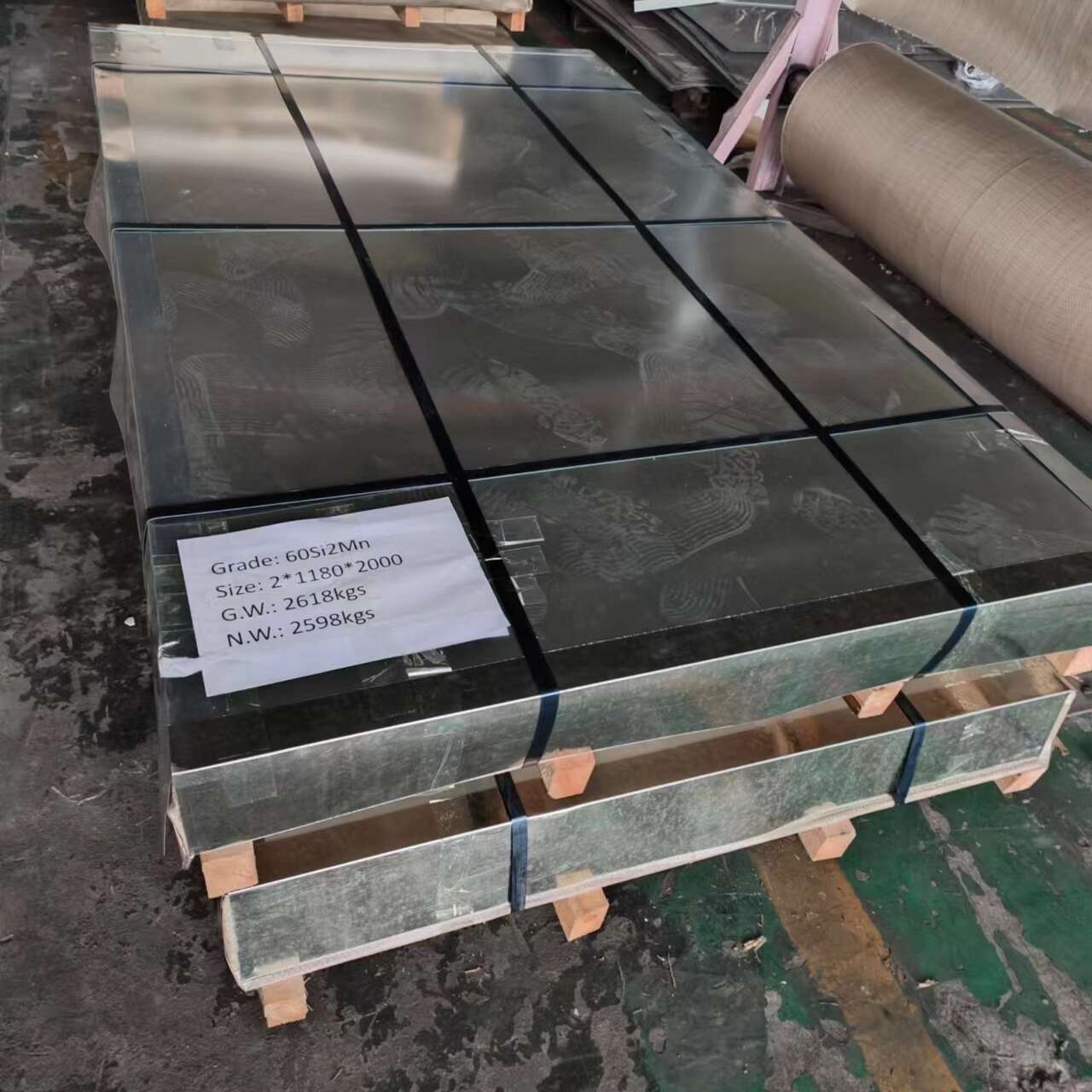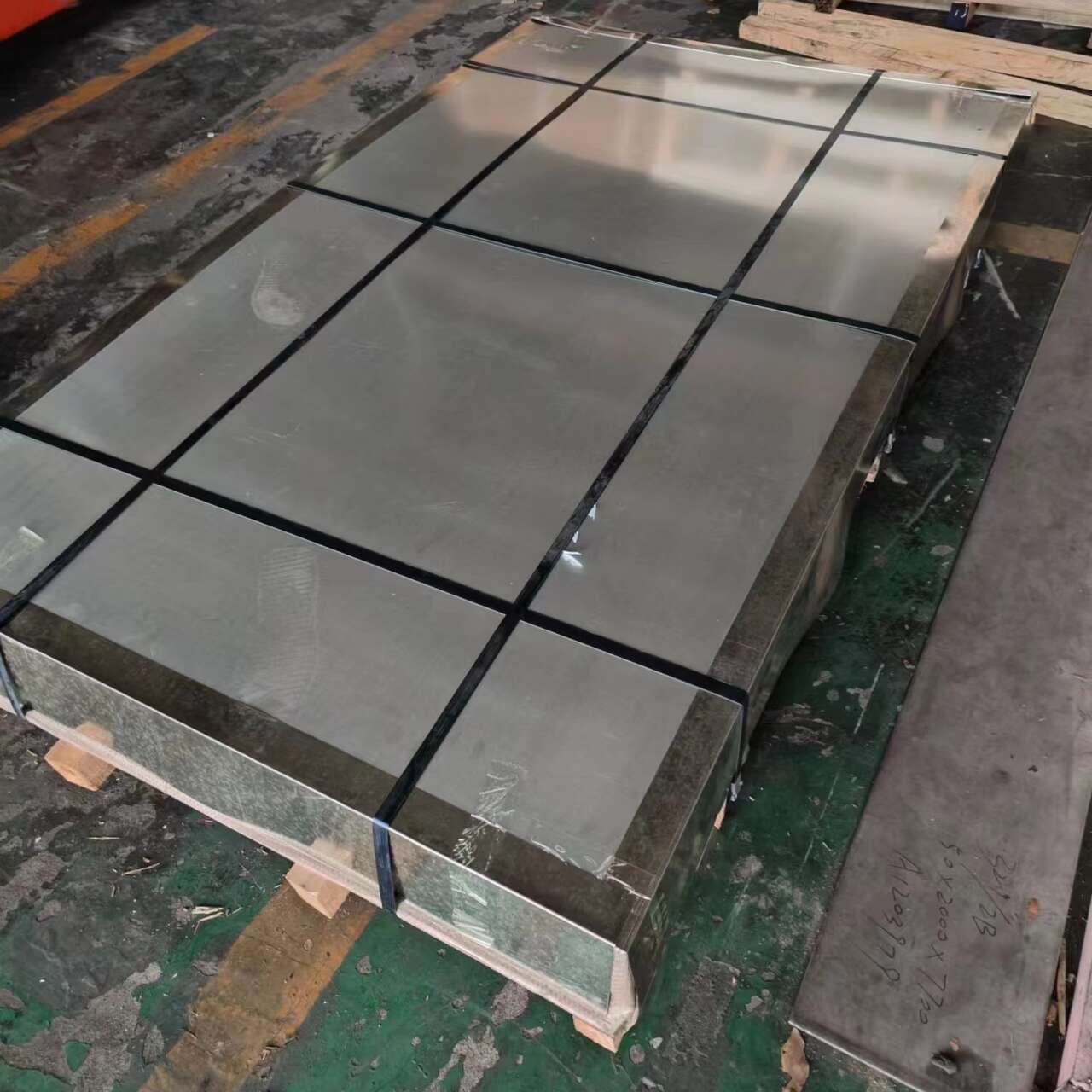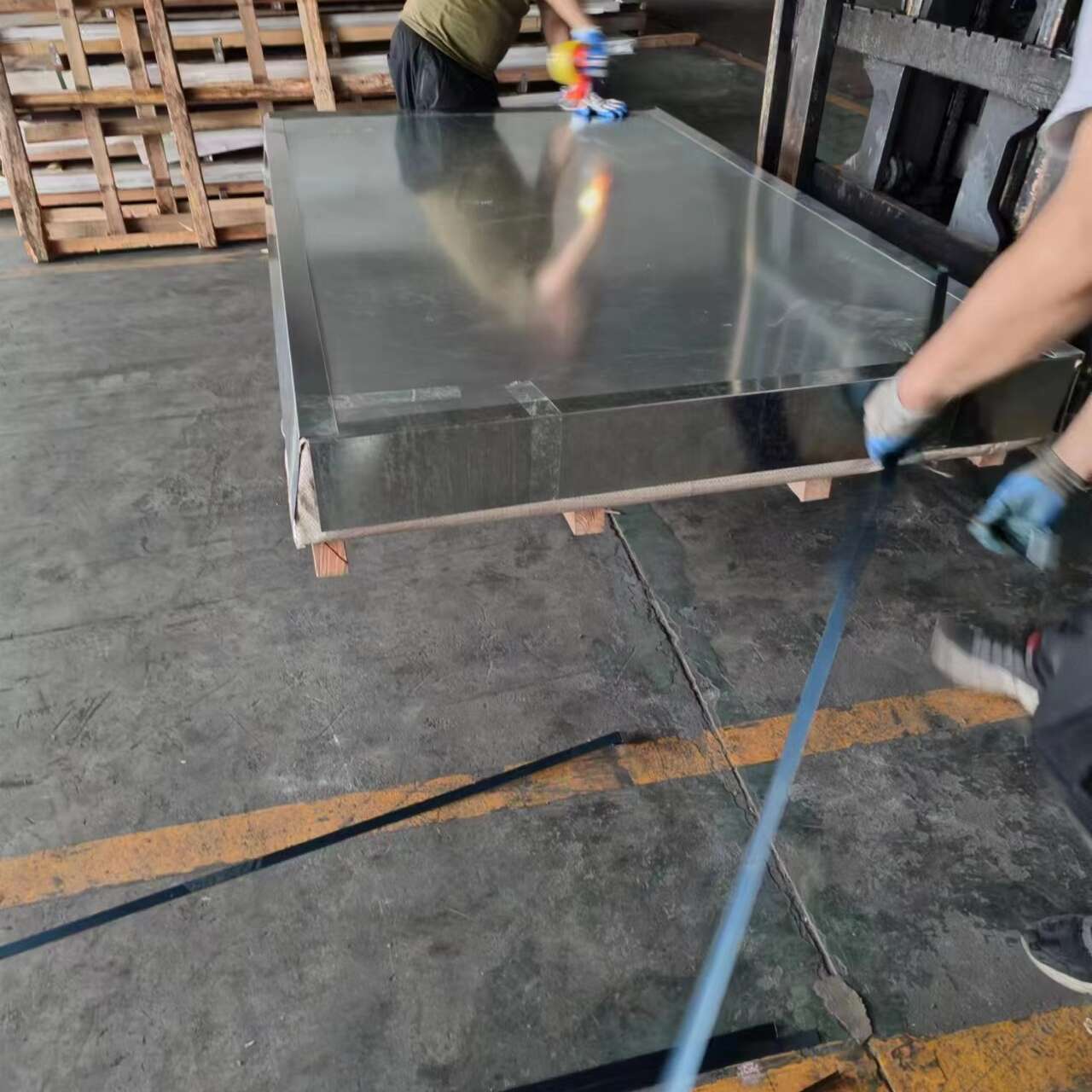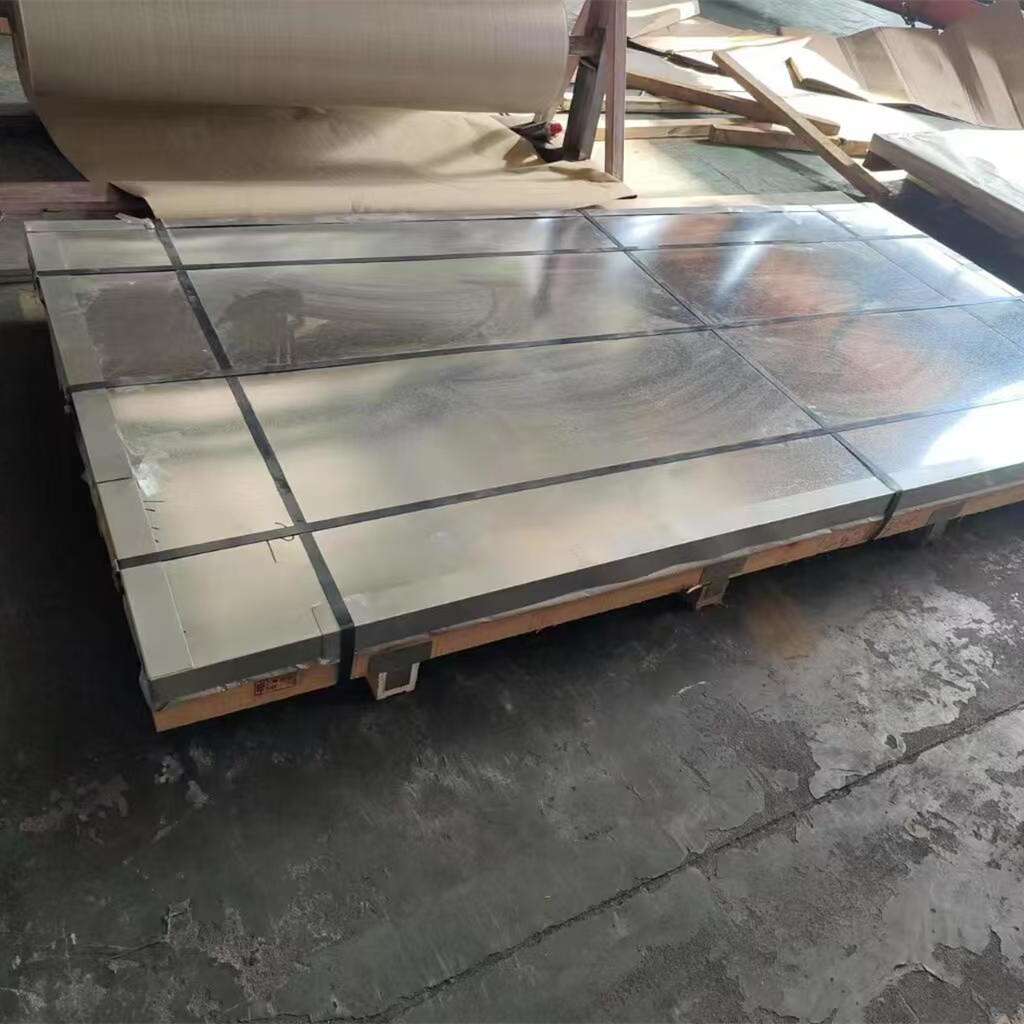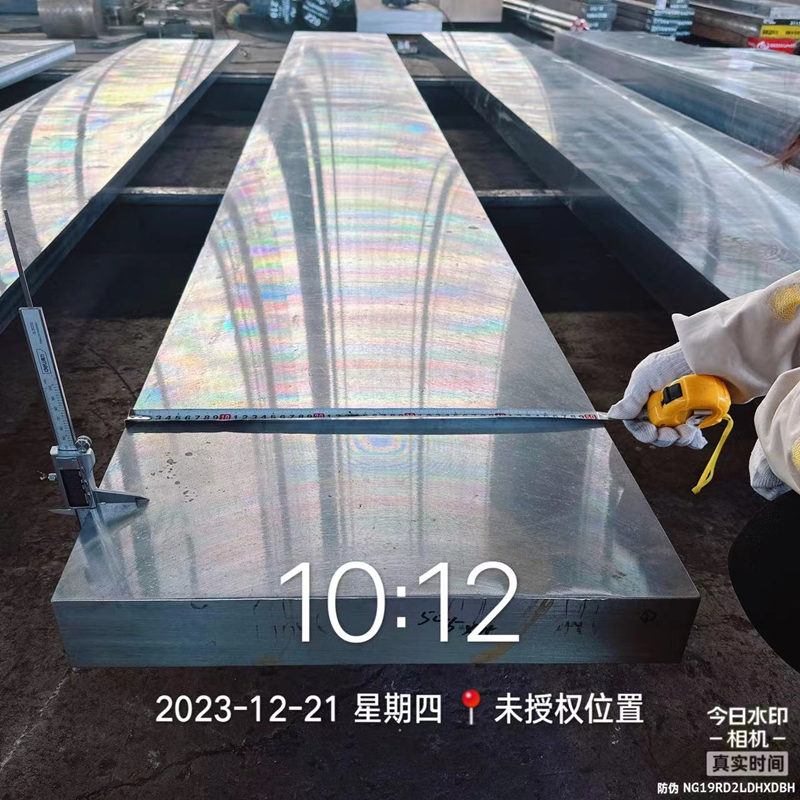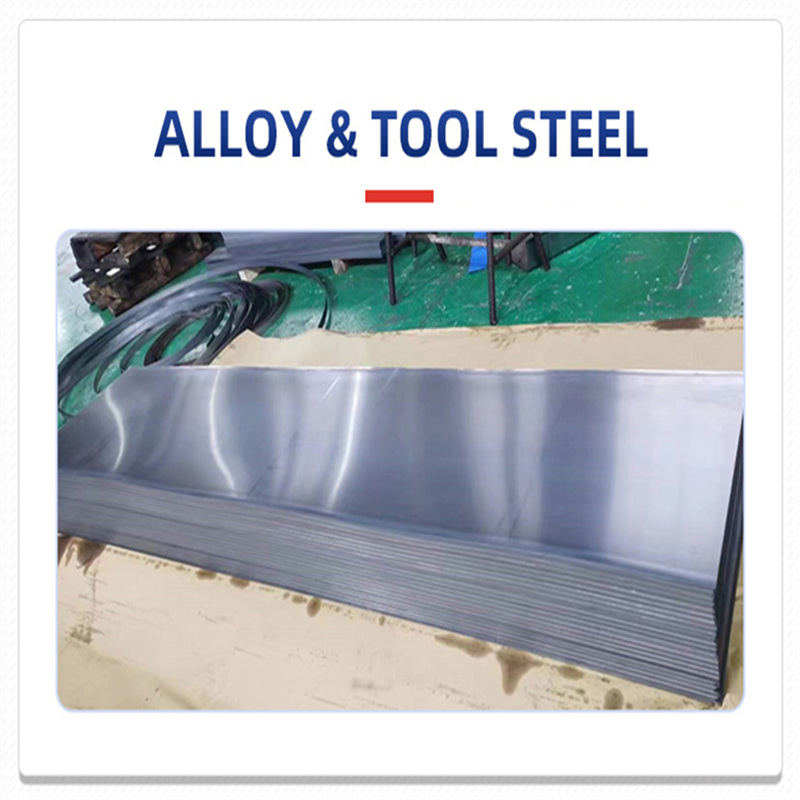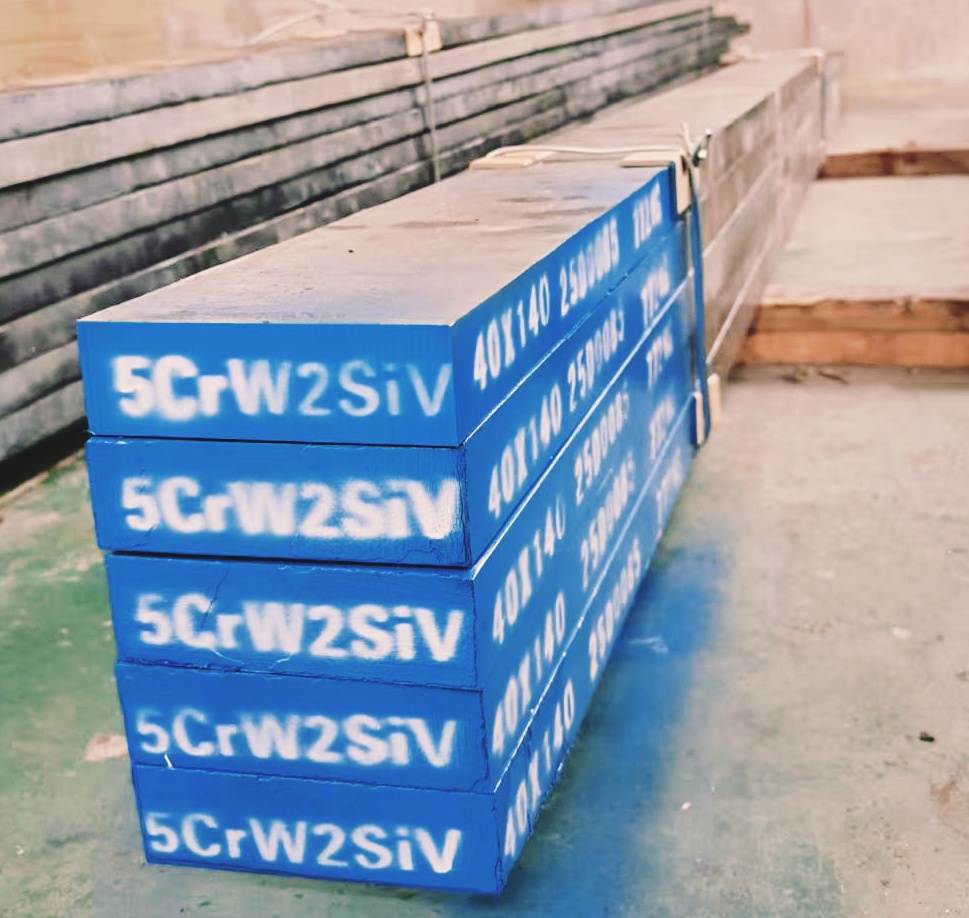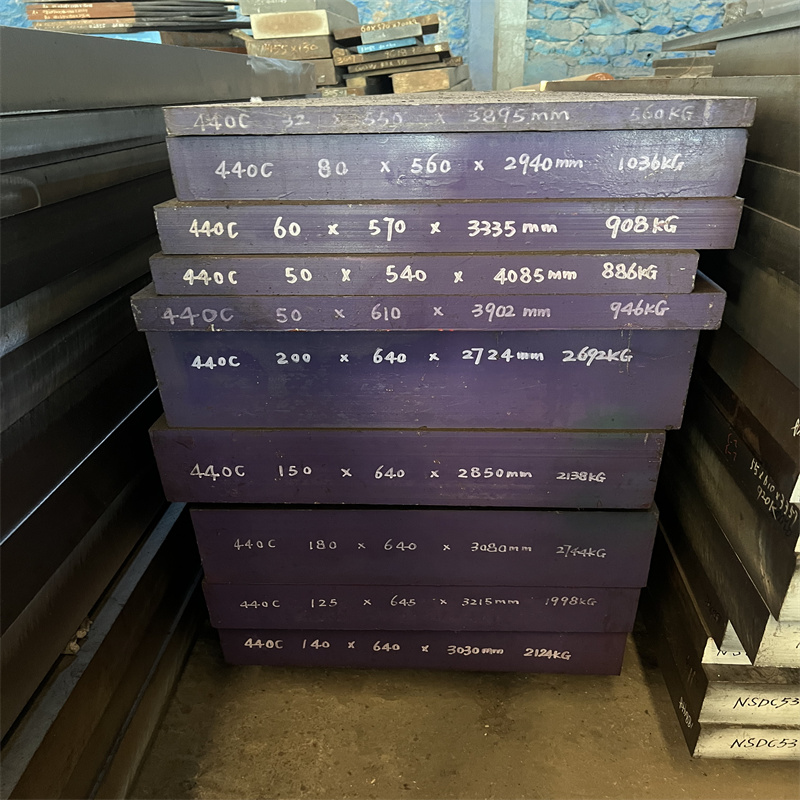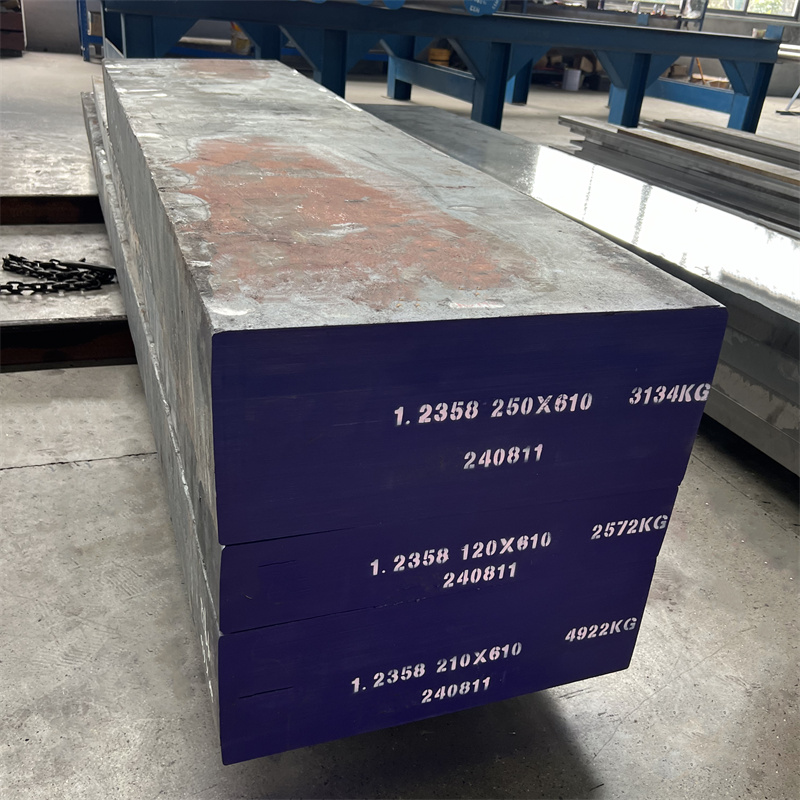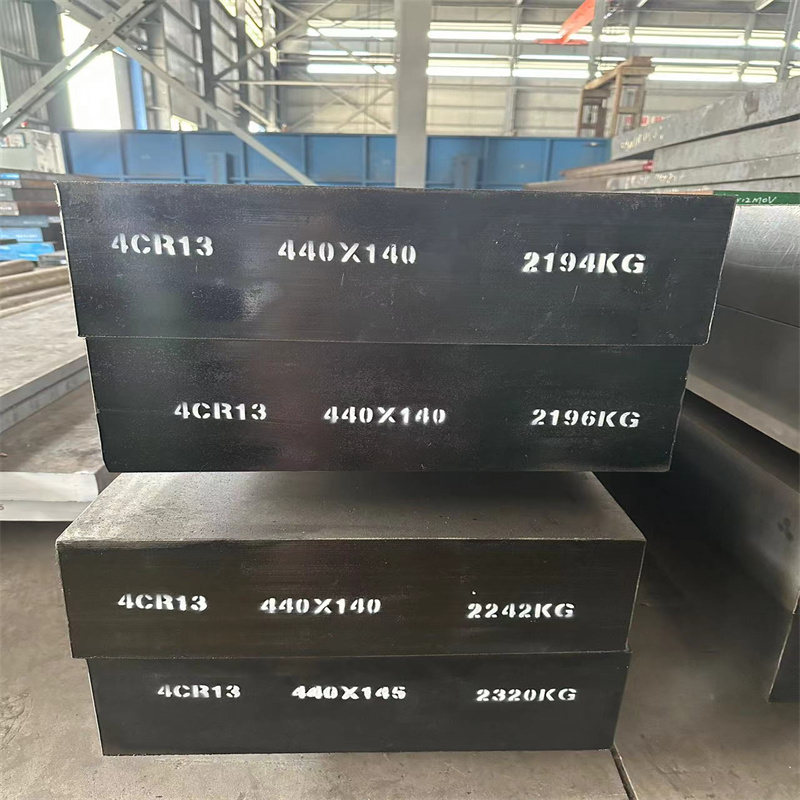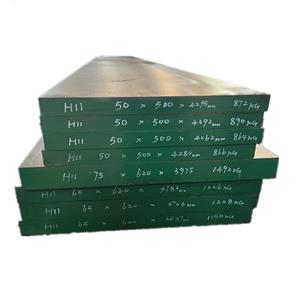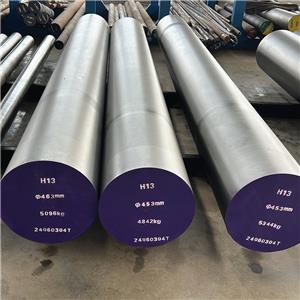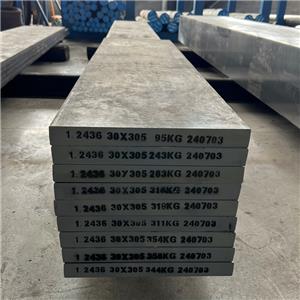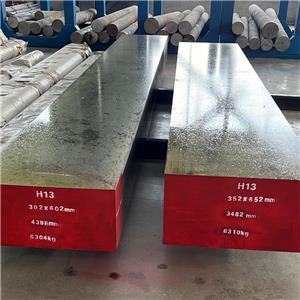Alloy Steel 60Si2Mn

This is a strong, high-quality spring steel with good hardenability, hot work performance, and comprehensive mechanical properties, often used for large, high-stress springs in automobiles, tractors, and industrial equipment.
Product Name: ALLOY STEEL---60Si2Mn(Alloy Steel )
Similar Steel Grades:
China | GB/T | 60Si2Mn |
Germany | EN/DIN | DIN 60Si7/1.0909 |
Russia | GOST | Near 60C2M |
U.S.A | AISI/SAE | Near 9260 |
Japan | JIS | SUP6/SUP7 |
France | AFNOR | 60S7 |
Chemical Composition(%) :
C | Si | Mn | P | S | Cr | Ni |
0.56-0.64 | 1.50-2.00 | 0.60-0.90 | 0.035max | 0.035max | 0.35max | 0.35max |
Principal Feature:
This is a strong, high-quality spring steel with good hardenability, hot work performance, and comprehensive mechanical properties, often used for large, high-stress springs in automobiles, tractors, and industrial equipment.
Typical Application:
Springs: coil springs, leaf springs, tension/compression springs, torsion springs (used in automotive suspension and machinery).
Elastic components: spring steel strips, spring plates, rods (used in automotive, valves, tools, measuring instruments).
Other uses: high-fatigue structural elements (elastic blades, latching mechanisms).
Mechanical properties:
Tensile strength : ≈ 1200-1300 MPa. High-strength after quenching & tempering
Yield strength : ≥ 1100-1176 MPa. Depends on tempering temperature.
Elongation : ≥ 5 %. Indicates ductility after heat treatment.
Reduction of Area: ≥ 25%. Measures ductility at fracture.
Hardness(as rolled/hot rolled): ≤ 321 HB. For easier machining and forming.
Hardness(quenched & tempered): Typically 45-52 HRC( varies by tempering). Optimized for elasticity and fatigue.
Heat Treatment:
For spring applications, common processes include:
Normalizing / Annealing
Normalizing: 860–900 °C, air cool (refines grain, relieves stress).
Annealing: 700–720 °C, furnace cool (softens for machining/processing).
Quenching + Tempering (final properties)
Quenching (austenitizing): 800–870 °C (commonly 800–850 °C), hold depending on section size, then oil quench or salt-bath quench.
Tempering: 380–480 °C (commonly 400–450 °C), hold ~1 h, air cool. Produces high elasticity and fatigue strength.
Other advanced processes.
Graded quenching, subcritical tempering, or reverse-transformation quenching are sometimes used in specialized cases to further improve the strength-toughness-fatigue balance.
Size available:
Sheets or coils | Milled | T: 10-800 W: 210-1000mm |
Black | T: 10-800 W: 210-1000mm |

